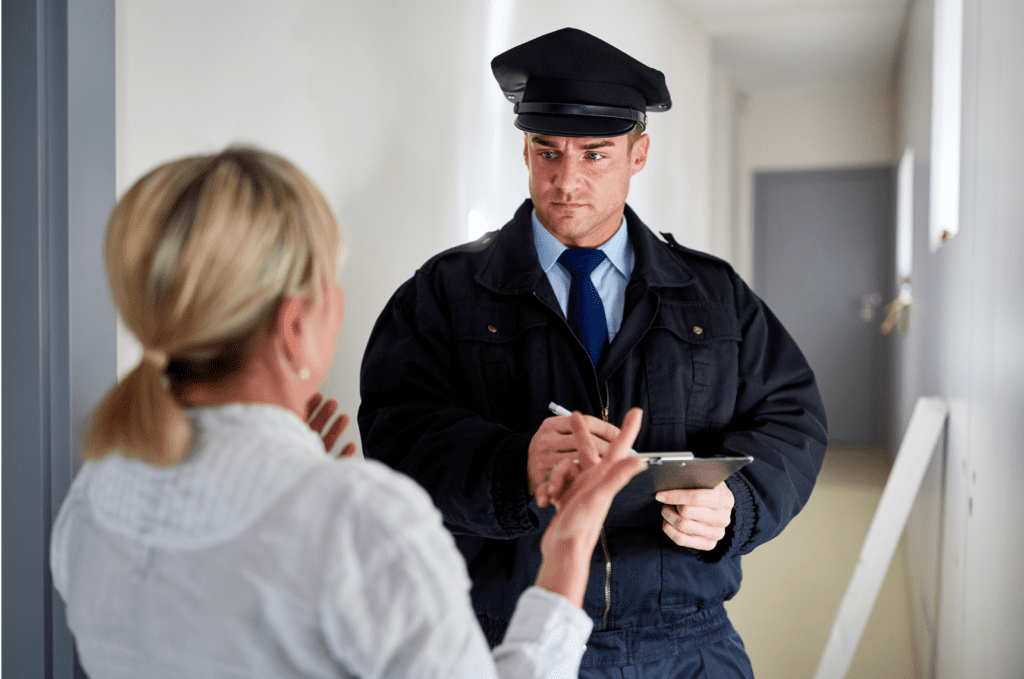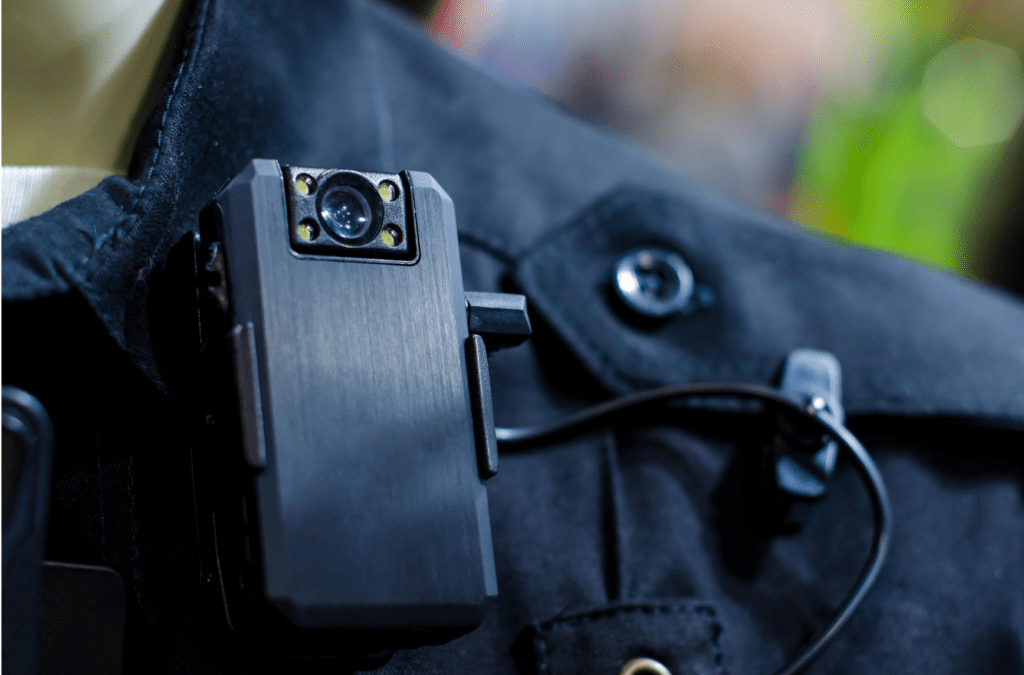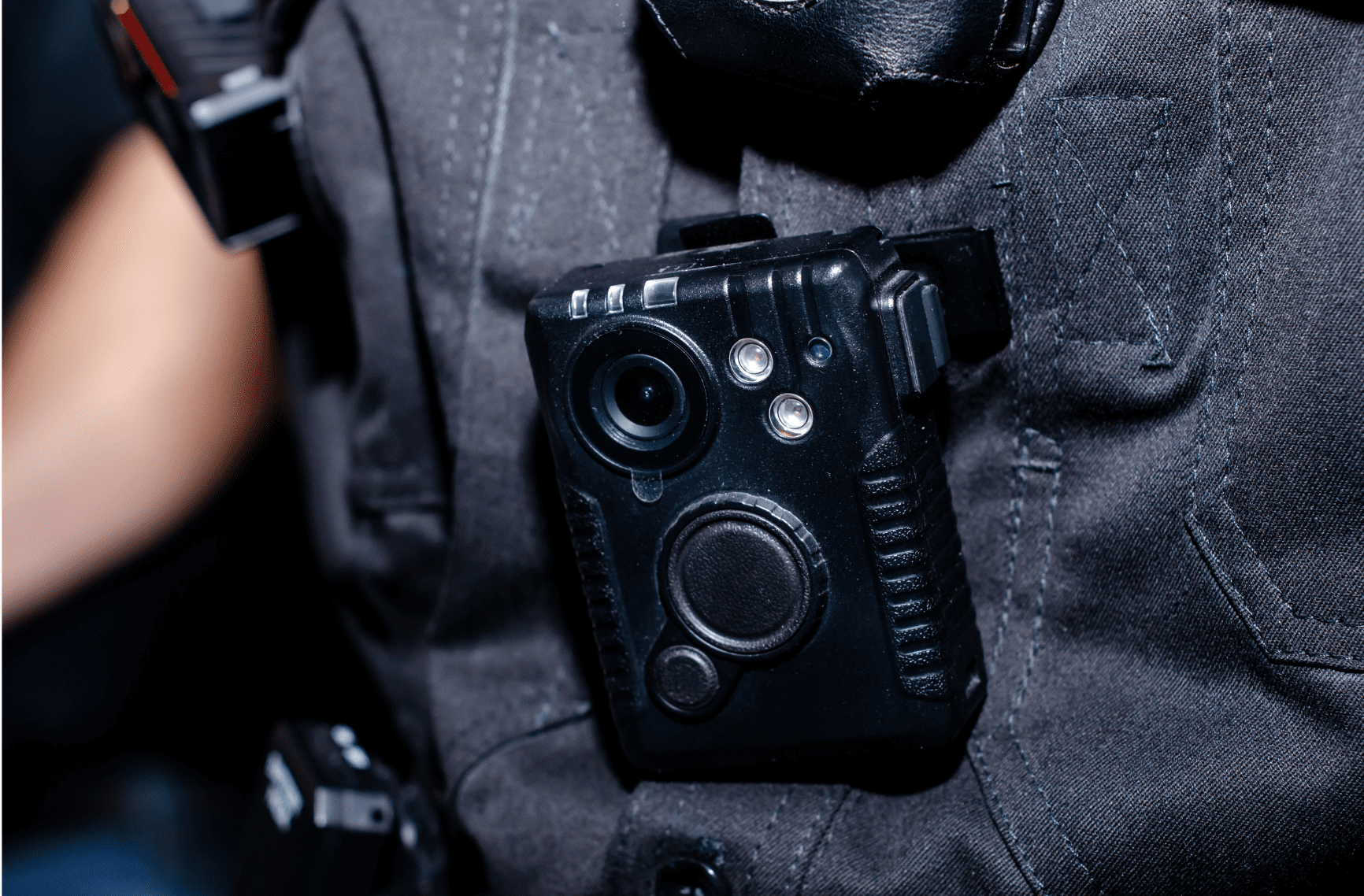Are you wondering if the police can record you at home? Navigating the intricate world of rights, laws, and ever-evolving technology can feel like decoding a mystery novel.
But fear not! Today, we’re diving deep into this maze, offering you a flashlight to illuminate those tricky corners.
From understanding when those tech-savvy law enforcers can legally step into your space, to standing up for your rights when things seem off-kilter, we’ve got you covered. Ready to jump in?
When Can Police Legally Record in Your Home?
You know, the whole idea of cops recording in our homes sounds pretty intense, right? But let’s break it down.
Got a Warrant? Cool, Come On In!
What’s a legit warrant? It’s a pass from a judge, based on solid reasons, that says where the cops can search and what they can grab. No proper warrant? You might just challenge that in court.
How much can they snoop? Warrants have limits. If it says “living room,” the bedroom’s off-limits unless there’s a super clear reason. Go beyond? That evidence might just get tossed out.
The Whole “Consent” Thing
Who can give the green light? Anyone who looks like they have some say in the place—roomies, or even some guests, can nod the OK. But remember, a simple nod, or a “sure,” counts.
Watch your step! If you give the thumbs up, whatever they find could end up in court against you. Changed your mind? Say so. Cops gotta hit pause unless there’s another reason to continue.
Hurry Up, It’s Urgent!
Exigent circumstances –What does it mean? Think of it as an “emergency pass.” Cops might burst in if they’re chasing someone, or if they hear something that makes them think, “Uh-oh, someone’s in trouble!”
The “I Can Totally See That!” Rule
Plain view doctrine –What’s the deal? If cops are in your place legally and spot something shady right out in the open, they can grab it. Imagine a cop’s body cam catching you in the act—that could make its way to court.
At the end of the day, knowing this stuff helps everyone—both the cops and us regular folks. It’s all about making sure everyone’s playing by the rules and knowing our rights.
===>Just like the police can not make you leave your house for no reason.
When is Recording Considered Unlawful?

So, we’ve talked about when cops can record in homes. But what about when they can’t? Let’s dive in.
The Basics: No Warrant, Consent, or Urgency? No Recording.
Remember those gateways for legal recording? Like, a warrant, your OK, or some urgent situation? Without them, it’s usually a no-go. Covertly recording chats in someone’s house without these? Big Fourth Amendment no-no.
Invasion of Personal Space? That’s Not Cool.
Ever feel like some places are just private? The Fourth Amendment has your back. Think bathrooms or bedrooms. Cops can’t just record there without a solid reason.
The Dirty Evidence Rule
Here’s a golden rule: Bad methods = bad evidence, aka “fruit of the poisonous tree.” If cops sneakily get evidence the wrong way, it’s off the table in court.
Why? Because we don’t want to give a thumbs-up to sneaky police moves. Imagine cops unlawfully record a chat in your house and then find more clues based on that.
That chat, and those clues? Likely won’t see the inside of a courtroom.
In a nutshell? Cops have tools, sure. But they’ve got rules to play by, just like the rest of us. Know your rights and keep the playing field level.
Technological Advancements and New Challenges

We’ve all noticed how tech is everywhere now. Yup, even with the cops. It’s cool, but also, well… complicated.
Say Hello to the New Police Gadgets
Body Cameras
They were a game-changer. Meant to keep things transparent with police, they’re all the rage now.
But here’s the thing: while they capture crucial moments, they might also get Uncle Bob’s embarrassing dance at family dinner.
So, how do we store and manage this footage without getting too nosy?
Drones
Awesome for getting that bird’s eye view during rescue missions. But, what if they accidentally catch you sunbathing in your backyard? A tad creepy, right?
The Dark Side of Tech
Our tech toys are getting smarter by the day. Devices like stingrays? They can play pretend as cell towers and eavesdrop on phone chats.
And don’t get me started on facial recognition; it’s like playing “Where’s Waldo?” but with real people. We need some serious rules in place so things don’t get out of hand.
Courts, Tech, and the Big Privacy Puzzle
Tech + policing = A LOT of courtroom drama. Let’s talk about some headline-grabbers:
United States v. Jones (2012): The big court said slapping a GPS on a car and playing detective is a Fourth Amendment “search.” Translation: get a warrant!
Carpenter v. United States (2018): All about where you’ve been with your phone. The verdict? Long-term tracking without a warrant is a no-go.
It isn’t just these big cases. Town halls, state courts, and even coffee shops are buzzing with debates on facial recognition, body cam data storage, and drone peeping.
Tech’s great, but we gotta juggle it right with privacy. It’s like walking a tightrope – balancing is key to making sure we’re using tech for good while also keeping our private lives, well, private.
Protecting Your Rights
Hey, it’s not just the cops’ job to keep things legal. We’ve all got a part in making sure our rights aren’t stepped on. Let’s talk about it.
Keeping Your Privacy Game Strong
Stay Sharp
Dive into that Fourth Amendment. Know what’s cool (and not so cool) when it comes to searches and sneaky peeks.
Draw the Line
Cop knocks on your door? Nicely ask for that warrant. No paper, no peek – unless something super urgent is going on.
Tech Up
Thinking of home security? Go for it! Cameras, alarms, maybe even a “You’re on Camera” sign. Great for keeping tabs.
Think Your Rights Got Sidelined? Here’s the Playbook
Jot it Down
Had a sketchy run-in with the police? Write everything down. Dates, names, places. Everything.
Keep the Receipts
Got home cam footage? Save it! It could be your golden ticket later on.
Speak Up
Feel like you’ve been done wrong? Talk to the police department. They’ve got peeps for that.
Join the Crew
Get involved locally. Town halls, community groups – there’s power in numbers.
When in Doubt, Call Your Lawyer
They Know Stuff: If law stuff feels like Greek to you, lawyers are your Rosetta Stone.
Got Your Back: Think you need to hit the courts? A lawyer’s got your back.
Stay in the Loop: Laws change. A lot. Lawyers stay on top of it, keeping you in the know.
Guarding your rights isn’t just about reacting. It’s about staying informed and being ready. After all, it’s a two-way street. Balance is key.
Conclusion
We’ve unraveled quite a tapestry today, haven’t we? In this ever-evolving dance between tech and our rights, staying informed is our best move.
Remember, it’s all about finding that sweet spot between embracing the future and safeguarding our freedoms. Let’s keep the conversation alive, share with your buddies, and always stay curious.
After all, the more we know, the brighter we glow. Here’s to being both tech-savvy and rights-aware! Until next time, keep shining!
Video Summary
I have created a summary video for this blog post. If you like this video, consider subscribing to the House Notebook Youtube Channel.

